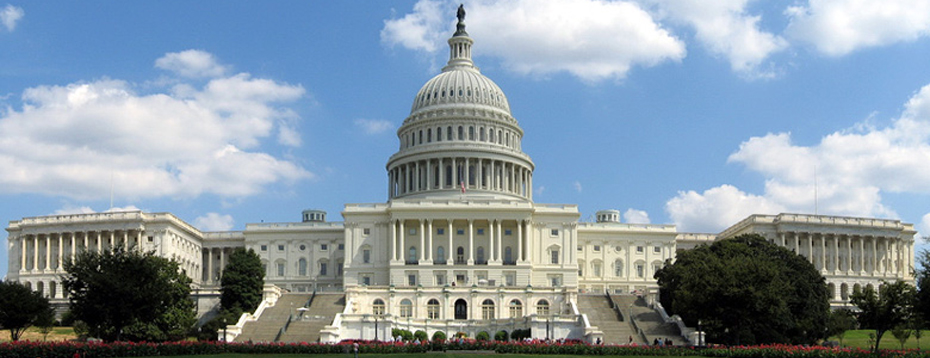Overnight we have received a significant amount of questions from members about the specific application of the Governor’s order and how it applies in local communities. Your NC REALTORS® team has been pouring over each of the local orders and the statewide order to be able to provide you additional clarification. PLEASE READ THIS VERY CAREFULLY.
LOCAL ORDERS:
The order issued by the Governor yesterday DOES NOT preempt or supersede any local order which includes more restrictive guidelines. This means that if you are operating in a local area (county or municipality) with a more restrictive order on real estate activity, YOU MUST COMPLY WITH IT.
Here is a list of Local Governments with MORE restrictions than what is included in the state order.
• Town of Beaufort
• Buncombe
• Cabarrus
• Dare
• City of Durham
• Guilford/Greensboro/High Point
• Mecklenburg/Charlotte
Please note: Many of these orders prohibit non-residents from entering the county to perform a non-essential business activity. If you live in another county but do business in a more restrictive county, you MUST follow the local order in the county where you are working, even if it is more restrictive than your home county or the state order.
Here is also a list of Local Governments with SIMILAR provisions to the state order.
If you live or work in one of the following counties or municipalities, your county has issued an order WITH SIMILAR PROVISIONS to the state order. WHILE YOU MUST FOLLOW YOUR LOCAL ORDER you will be allowed to conduct most real estate activities so long as you adhere to the strict health guidelines issued by the CDC and NC DHHS.
• Clemmons (Village)
• Gaston
• Haywood
• Orange
• Pitt/Greenville
• Wake
• Winston-Salem
For all other counties, while to our knowledge you are not currently governed by any stay at home or shelter in place orders, YOU MUST follow all health and safety guidelines. You will be allowed to conduct most real estate activities once the Governor’s order takes effect under the state health and safety guidelines. We will provide additional guidance in the form of a Legal Q&A on Monday regarding the Governor’s order.
STATE ORDER:
The Governor’s order does include real estate as an essential service. With that said, please understand the seriousness of the situation that we are dealing with and recognize that health and safety restrictions may still impact your business activities. Regardless of what allowances you have in your local community or through the state order, this is not the time for business as usual. It is possible to LOSE OUR DESIGNATION AS AN ESSENTIAL BUSINESS if members violate these orders, particularly as to the health and safety guidelines.
The Governor’s order does not take effect until 5:00 PM on Monday (3/30) so the guidance offered in it is NOT YET ACTIVE. Once active, it will remain in effect for thirty (30) days. However, many of the local orders are already in effect. All orders (state and local) may be rescinded or modified at any time so please make sure you comply with all current guidelines.
Also, for individuals, violation of any order can be punishable by up to a Class 2 Misdemeanor. Any REALTOR® convicted of that charge will have to report the conviction to the North Carolina Real Estate Commission and may be subject to disciplinary action.
Once again, ANY allowed real estate activity should follow the strict health guidelines issued by the Centers for Disease Control (CDC) and the North Carolina Department of Health and Human Services (NC DHHS). This includes limiting gatherings to no more than 10 people, social distancing of 6 feet between persons, and regular sanitation/hygiene procedures.
IMPORTANT NOTE: None of the information provided above constitutes legal advice. Please consult with your attorney with any specific questions regarding pending contracts. You may also contact the NC REALTORS® Legal Hotline which is open during our regular business hours of Monday through Friday, 8:30 am to 5:00 pm. To contact the Legal Hotline, email legalhotline@ncrealtors.org.
The Legal Hotline attorneys are busy writing additional Q&A formatted advice. This additional guidance should be available by the time the Governor’s order takes effect. Please check our website at http://www.ncrealtors.org/coronavirus/ for additional information which is being added daily.
NC REALTORS®
4511 Weybridge Lane, Greensboro, NC 27407
(336) 294-1415 | hello@ncrealtors.org





